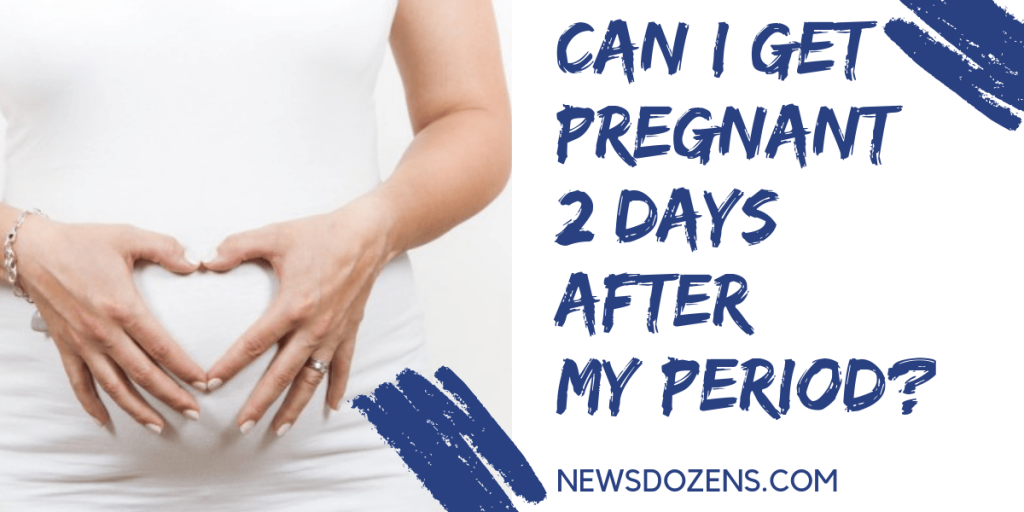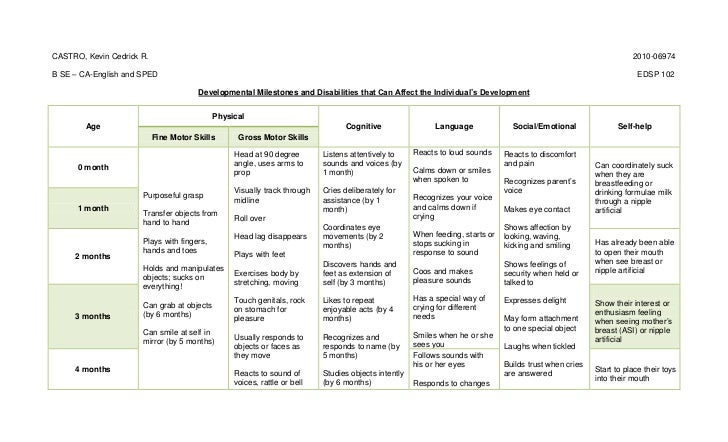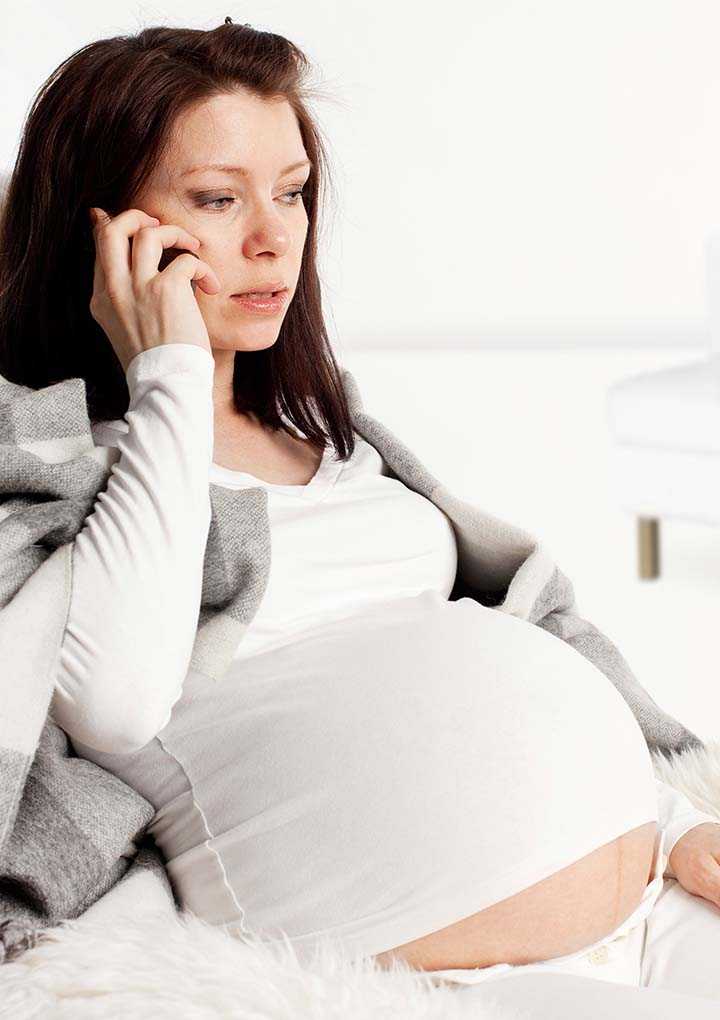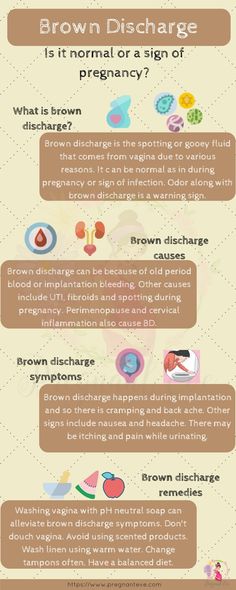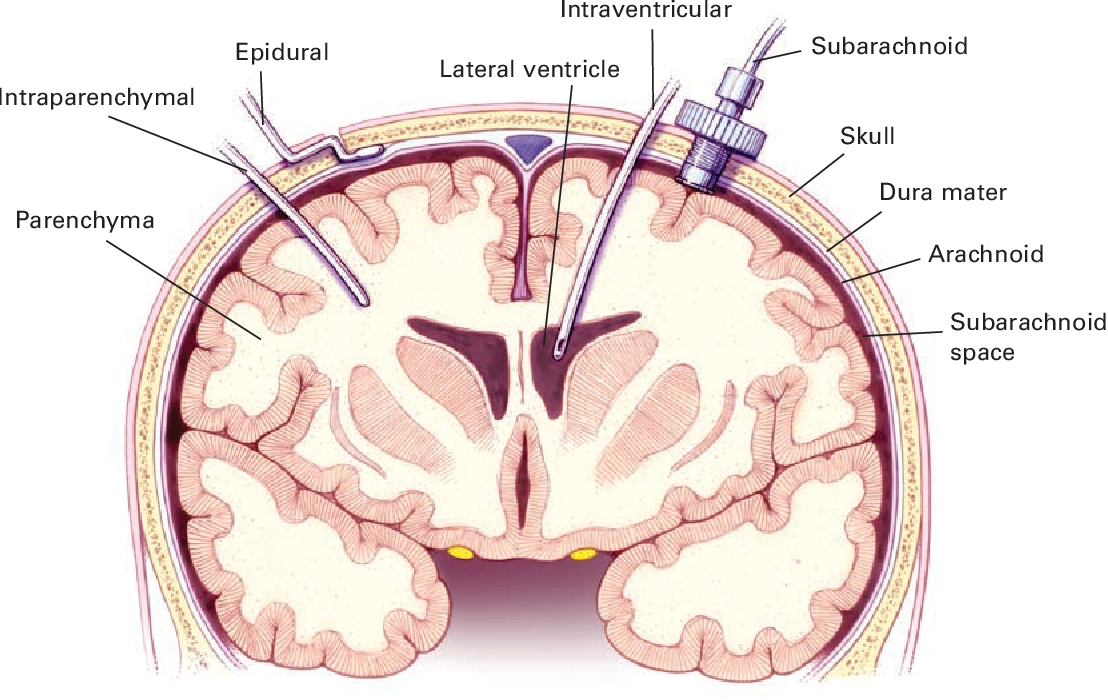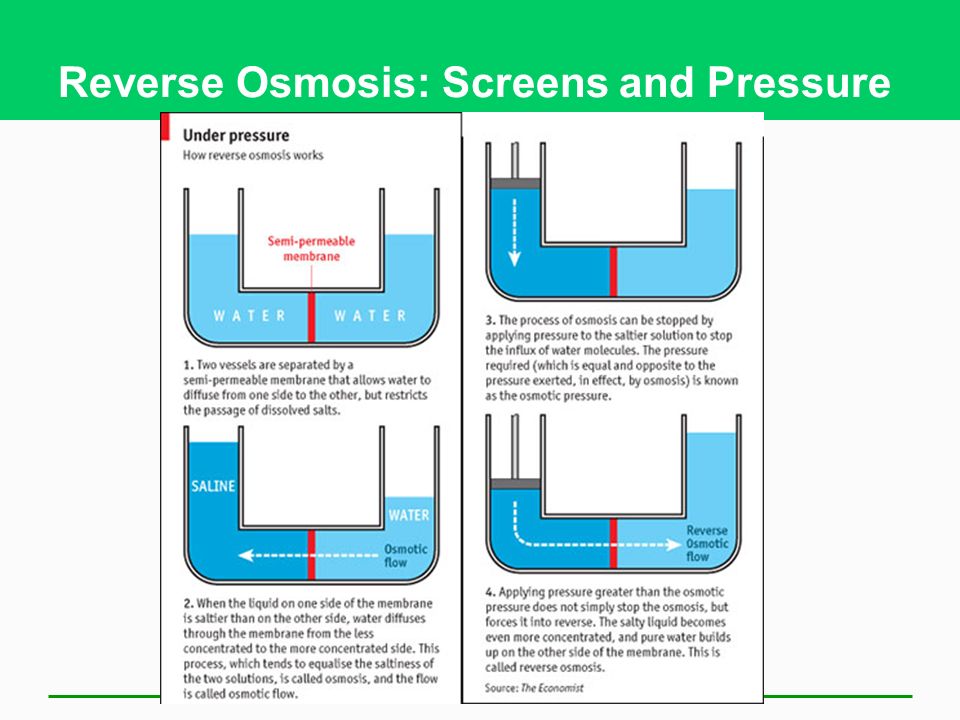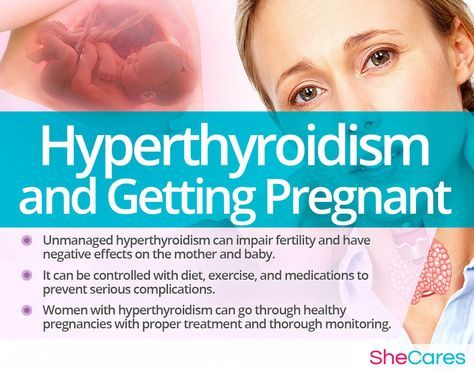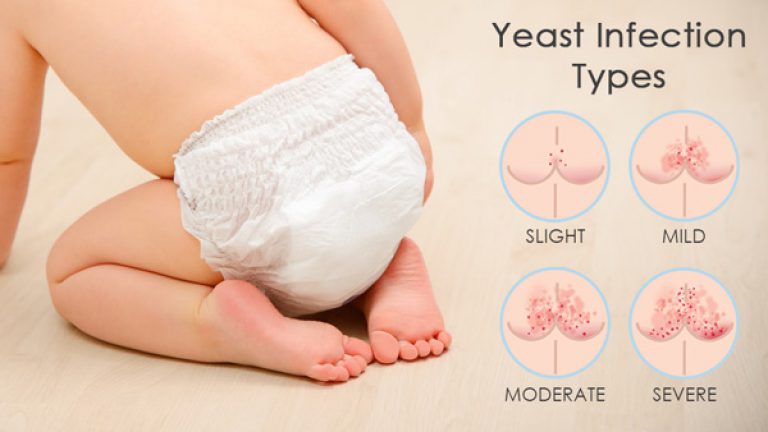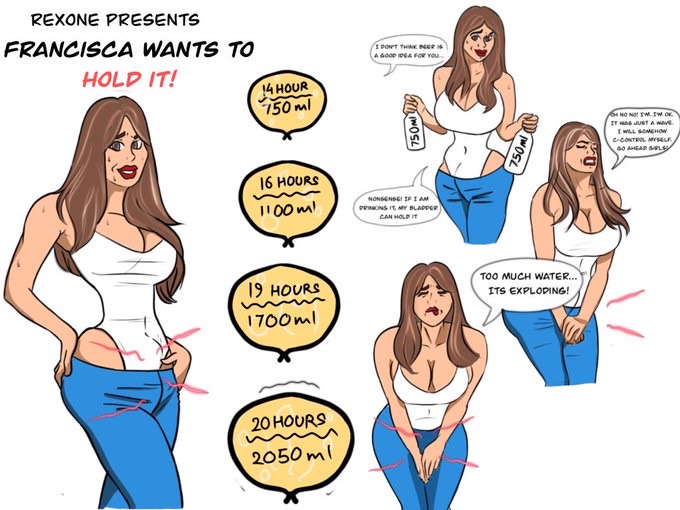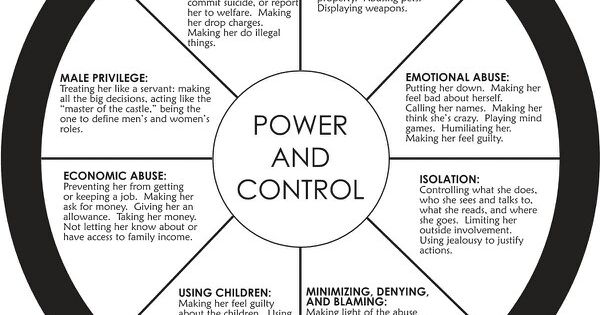Can i get pregnant on my last day of period
Likelihood, How to Avoid, and More
If you’re like many women, you probably have a love-hate relationship with your period. Trying to figure out when it will come, how long it will last, and if you can get pregnant at this time or that during your cycle can feel like a full-time job — one that requires a degree in biology, no less! But all you really want is to be in charge of when (or if) you become a parent.
If you ovulate regularly (not every woman does), you have a monthly “fertile window” when you’re most able to get pregnant. This fertile window varies from woman to woman and sometimes also — sigh — from month to month.
This can make it hard to know when you’re at your most fertile, which usually — but not always — occurs mid-cycle. This is around day 14, if you have a 28-day cycle.
Some women naturally have a shorter cycle of around 21 days. If this describes you, it’s actually possible — though not likely — that you can conceive during or right after your period.
If you sporadically ovulate early or late, it’s also possible to get pregnant by having sex right before, during, or after menstruation — but again, it’s not probable.
The moral of the story? Always use birth control if you’re trying to avoid pregnancy, even if you have your period. And, if you’re trying to conceive, have sex often, but know when you’re at your most fertile. Knowledge is power!
Here’s how to figure it all out.
Timing in life is pretty much everything, especially when it comes to getting (or not getting!) pregnant. You have a fertile window of around six days each month when you’re most likely to conceive. This includes:
- the five days leading up to ovulation
- the day of ovulation itself
Once it’s released, an egg can be fertilized for up to 24 hours.
Sounds simple enough, right? But in case you didn’t get the memo during sex ed — and lots of us didn’t, because we were too distracted by what our adolescent selves considered the “good stuff” — ovulation can be tricky.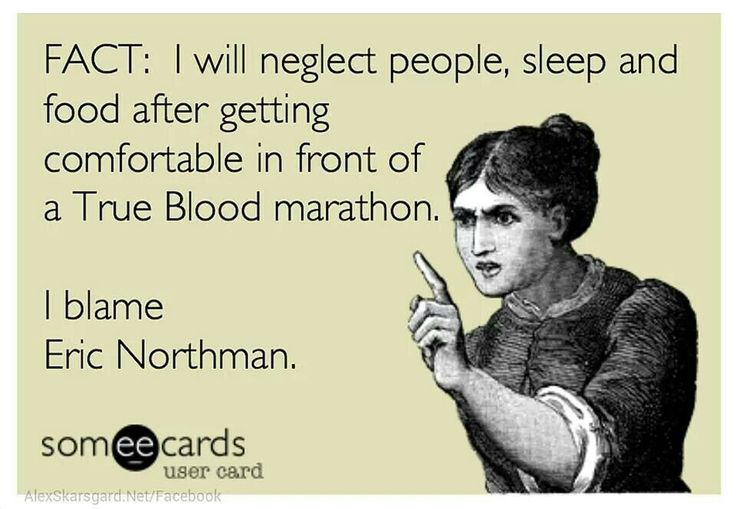
While you’re menstruating, your body is shedding your uterine lining, because a pregnancy didn’t take place last cycle. The hormones needed to sustain pregnancy, like progesterone, are very low at this time. Even so, your body is already gearing up for your next fertile window.
You may have a menstrual cycle that runs like a well-oiled machine, and then suddenly one month, ovulate a few days earlier or later than usual. You may even skip a month.
There are tons of reasons for this. For one, until we figure out how to stop time, your age is changing. Your weight may change, too, causing hormonal fluctuations to occur. Not getting enough zzz’s, or even high levels of stress, may also affect ovulation. Some women have medical conditions, like PCOS, which make ovulation super hard to predict.
Many women typically ovulate around 12 to 14 days after the first day of their last period, but some have a naturally short cycle. They may ovulate as soon as six days or so after the first day of their last period.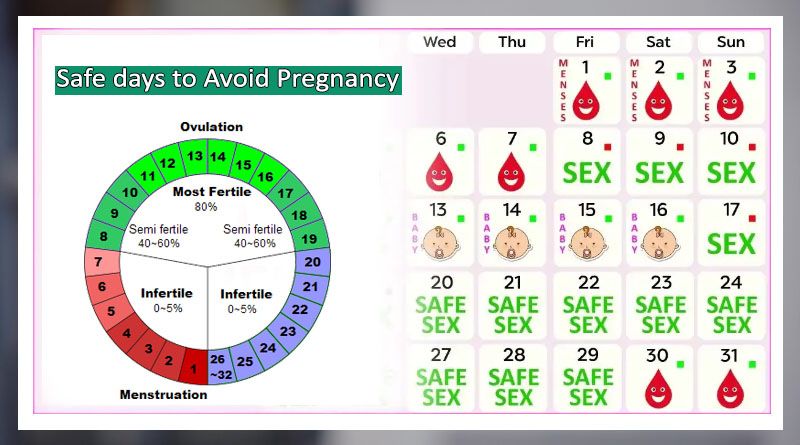
And then, of course, there’s sperm. It turns out those little swimmers can be pretty tricky, too.
After ejaculation, sperm may survive inside your body for up to five whole days, and can fertilize an egg at any time during that window. So even if you weren’t that close to ovulating when you had sexy time, pregnancy can still happen.
As any woman with a calendar and a bunch of best friends will tell you, the amount of days each woman spends menstruating can vary a lot.
Your menstrual flow may start to diminish and lighten in color, or turn brown towards the end of your cycle. It feels and looks like you’re still menstruating, but your body is already gearing up for your next fertile time.
If you have sex towards the end of your period, you may actually be getting close to your fertile window, especially if you have a short cycle. Let’s take a look at the math.
Say you ovulate early, about six days after your period starts. You have sex on the third day of your period. The sperm have no egg to fertilize, but they’re also in no hurry to die — so they hang out, doin’ what sperm do.
The sperm have no egg to fertilize, but they’re also in no hurry to die — so they hang out, doin’ what sperm do.
A few days later, while they’re still swimming around, you ovulate and they’re drawn to that egg like a fish to water. One gets through, and there you have it — fertilization has occurred as a result of period sex.
Many women look forward to having contraception-free sex right after their period ends. It’s true that it’s unlikely you’ll get pregnant a day or two after menstruation stops, but given the lifespan of sperm and the challenges around predicting ovulation exactly — it’s not at all impossible.
This is especially true if you ovulate earlier than you usually do, or if you have a naturally short menstrual cycle of around 21 days.
Keeping in mind that your body is constantly changing, it’s pretty much impossible to ever be 100 percent safe when it comes to avoiding pregnancy, if you’re having unprotected sex.
Your menstrual cycle starts on the first day of your period, and ends on the last day before your next period starts. If you have a clockwork menstrual cycle of 28 days, you are at your “safest” — but not totally in the clear —around one week or so after you ovulate. Keep in mind that sperm can continue to live in your body, so if you’ve had unprotected sex, this sort-of-safe window may change.
If you have a clockwork menstrual cycle of 28 days, you are at your “safest” — but not totally in the clear —around one week or so after you ovulate. Keep in mind that sperm can continue to live in your body, so if you’ve had unprotected sex, this sort-of-safe window may change.
If your periods are even the slightest bit irregular, so is your fertile window. And keep in mind that your cycle can change at any time, without giving you a heads up in advance.
If you’re trying to get pregnant, pinpointing ovulation is a vital first step. If you’ve been dutifully baby dancing mid-cycle and haven’t yet gotten pregnant, you may even wonder if you have more irregular ovulation and would benefit from sex during or right after your period.
There are several ways you can try to figure out your ovulation patterns. They include:
At-home ovulation predictor kits. These tests work by detecting LH (luteinizing hormone), which surges 1–2 days before ovulation takes place.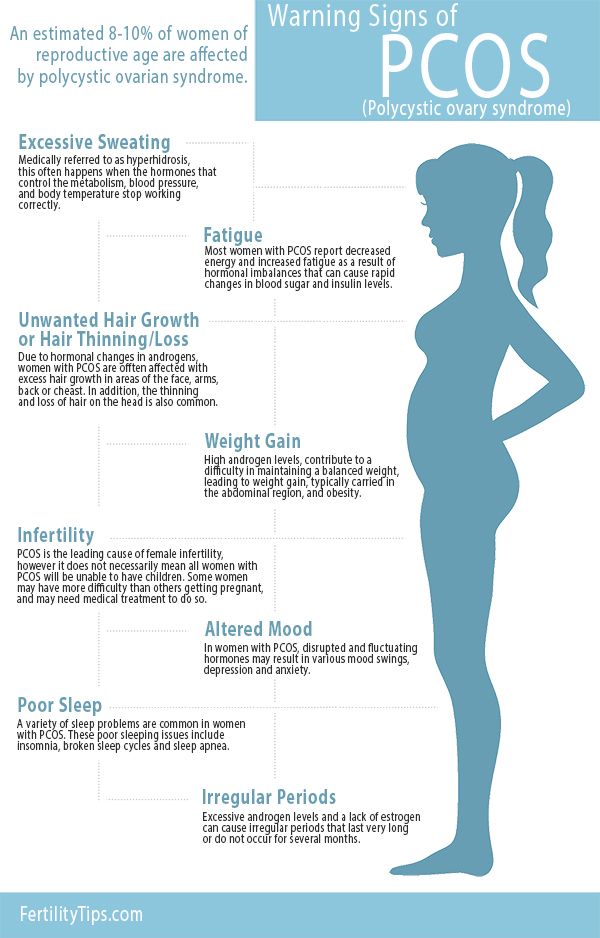 So these kits can tell you when you’re going to ovulate, but they can’t tell you when ovulation has taken place.
So these kits can tell you when you’re going to ovulate, but they can’t tell you when ovulation has taken place.
Progesterone test kits. Some women who have irregular periods, such as those with PCOS, find that using a kit that detects progesterone — the hormone released right after ovulation — is helpful to use in addition to a standard ovulation kit. Determining whether or not your body produced progesterone will help you to know if you ovulated or not.
Fertility apps. Ovulation-tracking apps compile a monthly record of multiple factors, such as basal body temperature and cervical mucus. They can help women with regular periods determine when they’re ovulating. We wish we could put this in neon flashing lights, though: These apps can help you get pregnant, but they’re not birth control and shouldn’t be used to prevent pregnancy.
Tracking basal body temperature (BBT). Using this method as “birth control” has resulted in the birth of many babies.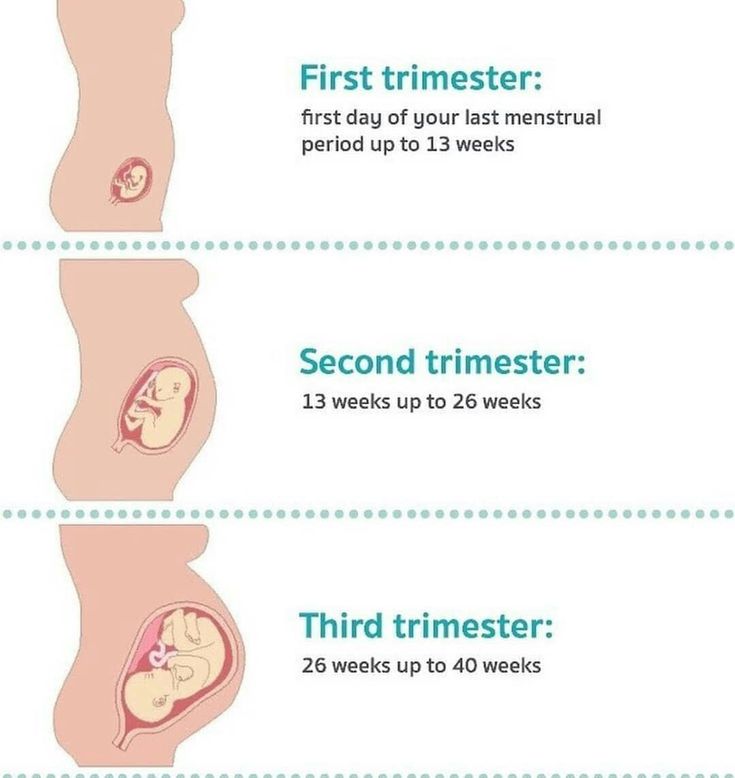 But, when you’re trying to get pregnant, it may be effective in cluing you in to approximately when you ovulate each month.
But, when you’re trying to get pregnant, it may be effective in cluing you in to approximately when you ovulate each month.
To track your BBT, you’ll need a BBT thermometer, designed for this purpose. Take your temperature each morning when you wake up, before you move even an inch. Chart your temperature the same time of day, every day. When you chart a temperature rise of around 0.4°F for three days straight, you probably ovulated.
Remember:
Ovulation is only one factor needed for pregnancy to occur. If you’ve been unable to conceive after one year of unprotected sex and you’re under 35 years old, see a fertility specialist. The same goes if you’re over 35 and have been trying for four to six months.
Was this helpful?
If you had unprotected sex during or right after your period and wonder if you’re pregnant, the short answer is — you could be. Definitely talk to your doctor or take a home pregnancy test.
You can get pregnant at any time during your cycle. Ovulation timing varies, and sperm are stubborn when it comes to their will to live. For some women that’s good news and for others, not so much.
Ovulation timing varies, and sperm are stubborn when it comes to their will to live. For some women that’s good news and for others, not so much.
The answer? Take control. Knowing your body, tracking ovulation, and, if necessary, taking precautions is the best way to get the outcome you want best.
Likelihood, How to Avoid, and More
If you’re like many women, you probably have a love-hate relationship with your period. Trying to figure out when it will come, how long it will last, and if you can get pregnant at this time or that during your cycle can feel like a full-time job — one that requires a degree in biology, no less! But all you really want is to be in charge of when (or if) you become a parent.
If you ovulate regularly (not every woman does), you have a monthly “fertile window” when you’re most able to get pregnant. This fertile window varies from woman to woman and sometimes also — sigh — from month to month.
This can make it hard to know when you’re at your most fertile, which usually — but not always — occurs mid-cycle.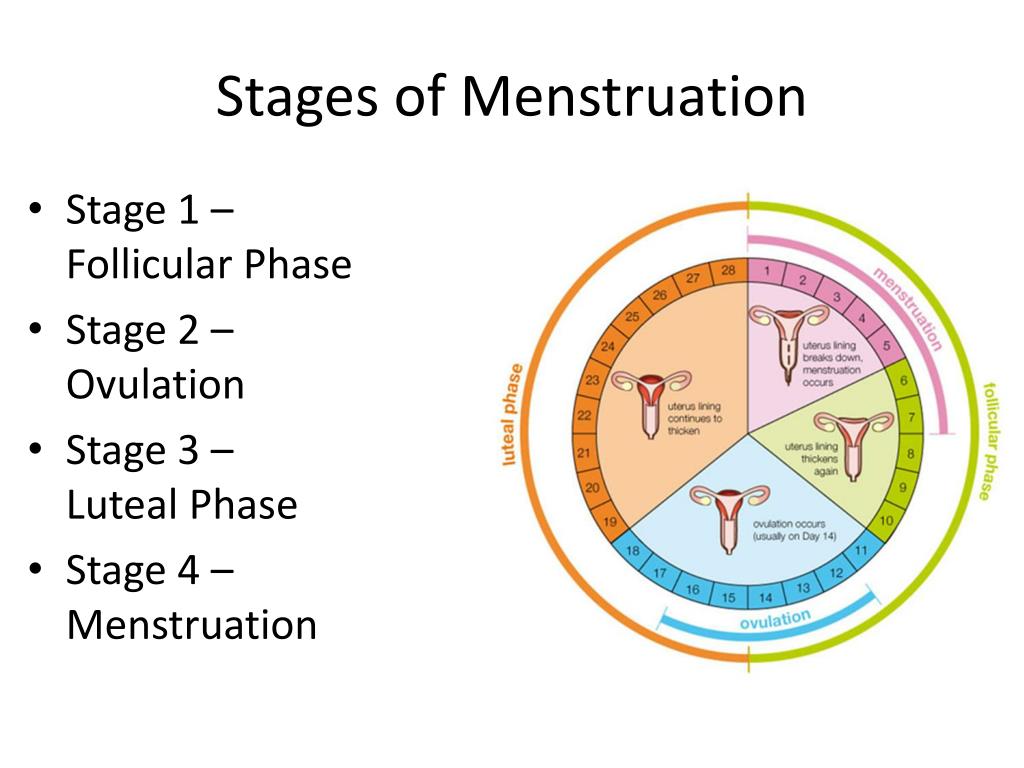 This is around day 14, if you have a 28-day cycle.
This is around day 14, if you have a 28-day cycle.
Some women naturally have a shorter cycle of around 21 days. If this describes you, it’s actually possible — though not likely — that you can conceive during or right after your period.
If you sporadically ovulate early or late, it’s also possible to get pregnant by having sex right before, during, or after menstruation — but again, it’s not probable.
The moral of the story? Always use birth control if you’re trying to avoid pregnancy, even if you have your period. And, if you’re trying to conceive, have sex often, but know when you’re at your most fertile. Knowledge is power!
Here’s how to figure it all out.
Timing in life is pretty much everything, especially when it comes to getting (or not getting!) pregnant. You have a fertile window of around six days each month when you’re most likely to conceive. This includes:
- the five days leading up to ovulation
- the day of ovulation itself
Once it’s released, an egg can be fertilized for up to 24 hours.
Sounds simple enough, right? But in case you didn’t get the memo during sex ed — and lots of us didn’t, because we were too distracted by what our adolescent selves considered the “good stuff” — ovulation can be tricky.
While you’re menstruating, your body is shedding your uterine lining, because a pregnancy didn’t take place last cycle. The hormones needed to sustain pregnancy, like progesterone, are very low at this time. Even so, your body is already gearing up for your next fertile window.
You may have a menstrual cycle that runs like a well-oiled machine, and then suddenly one month, ovulate a few days earlier or later than usual. You may even skip a month.
There are tons of reasons for this. For one, until we figure out how to stop time, your age is changing. Your weight may change, too, causing hormonal fluctuations to occur. Not getting enough zzz’s, or even high levels of stress, may also affect ovulation. Some women have medical conditions, like PCOS, which make ovulation super hard to predict.
Many women typically ovulate around 12 to 14 days after the first day of their last period, but some have a naturally short cycle. They may ovulate as soon as six days or so after the first day of their last period.
And then, of course, there’s sperm. It turns out those little swimmers can be pretty tricky, too.
After ejaculation, sperm may survive inside your body for up to five whole days, and can fertilize an egg at any time during that window. So even if you weren’t that close to ovulating when you had sexy time, pregnancy can still happen.
As any woman with a calendar and a bunch of best friends will tell you, the amount of days each woman spends menstruating can vary a lot.
Your menstrual flow may start to diminish and lighten in color, or turn brown towards the end of your cycle. It feels and looks like you’re still menstruating, but your body is already gearing up for your next fertile time.
If you have sex towards the end of your period, you may actually be getting close to your fertile window, especially if you have a short cycle. Let’s take a look at the math.
Let’s take a look at the math.
Say you ovulate early, about six days after your period starts. You have sex on the third day of your period. The sperm have no egg to fertilize, but they’re also in no hurry to die — so they hang out, doin’ what sperm do.
A few days later, while they’re still swimming around, you ovulate and they’re drawn to that egg like a fish to water. One gets through, and there you have it — fertilization has occurred as a result of period sex.
Many women look forward to having contraception-free sex right after their period ends. It’s true that it’s unlikely you’ll get pregnant a day or two after menstruation stops, but given the lifespan of sperm and the challenges around predicting ovulation exactly — it’s not at all impossible.
This is especially true if you ovulate earlier than you usually do, or if you have a naturally short menstrual cycle of around 21 days.
Keeping in mind that your body is constantly changing, it’s pretty much impossible to ever be 100 percent safe when it comes to avoiding pregnancy, if you’re having unprotected sex.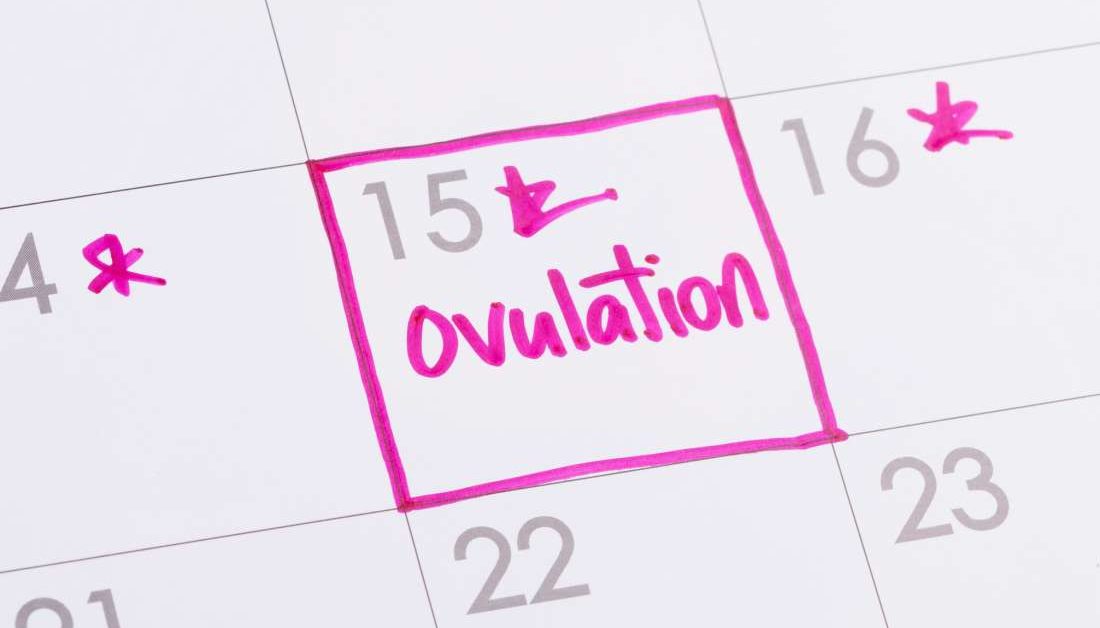
Your menstrual cycle starts on the first day of your period, and ends on the last day before your next period starts. If you have a clockwork menstrual cycle of 28 days, you are at your “safest” — but not totally in the clear —around one week or so after you ovulate. Keep in mind that sperm can continue to live in your body, so if you’ve had unprotected sex, this sort-of-safe window may change.
If your periods are even the slightest bit irregular, so is your fertile window. And keep in mind that your cycle can change at any time, without giving you a heads up in advance.
If you’re trying to get pregnant, pinpointing ovulation is a vital first step. If you’ve been dutifully baby dancing mid-cycle and haven’t yet gotten pregnant, you may even wonder if you have more irregular ovulation and would benefit from sex during or right after your period.
There are several ways you can try to figure out your ovulation patterns. They include:
At-home ovulation predictor kits. These tests work by detecting LH (luteinizing hormone), which surges 1–2 days before ovulation takes place. So these kits can tell you when you’re going to ovulate, but they can’t tell you when ovulation has taken place.
These tests work by detecting LH (luteinizing hormone), which surges 1–2 days before ovulation takes place. So these kits can tell you when you’re going to ovulate, but they can’t tell you when ovulation has taken place.
Progesterone test kits. Some women who have irregular periods, such as those with PCOS, find that using a kit that detects progesterone — the hormone released right after ovulation — is helpful to use in addition to a standard ovulation kit. Determining whether or not your body produced progesterone will help you to know if you ovulated or not.
Fertility apps. Ovulation-tracking apps compile a monthly record of multiple factors, such as basal body temperature and cervical mucus. They can help women with regular periods determine when they’re ovulating. We wish we could put this in neon flashing lights, though: These apps can help you get pregnant, but they’re not birth control and shouldn’t be used to prevent pregnancy.
Tracking basal body temperature (BBT). Using this method as “birth control” has resulted in the birth of many babies. But, when you’re trying to get pregnant, it may be effective in cluing you in to approximately when you ovulate each month.
To track your BBT, you’ll need a BBT thermometer, designed for this purpose. Take your temperature each morning when you wake up, before you move even an inch. Chart your temperature the same time of day, every day. When you chart a temperature rise of around 0.4°F for three days straight, you probably ovulated.
Remember:
Ovulation is only one factor needed for pregnancy to occur. If you’ve been unable to conceive after one year of unprotected sex and you’re under 35 years old, see a fertility specialist. The same goes if you’re over 35 and have been trying for four to six months.
Was this helpful?
If you had unprotected sex during or right after your period and wonder if you’re pregnant, the short answer is — you could be.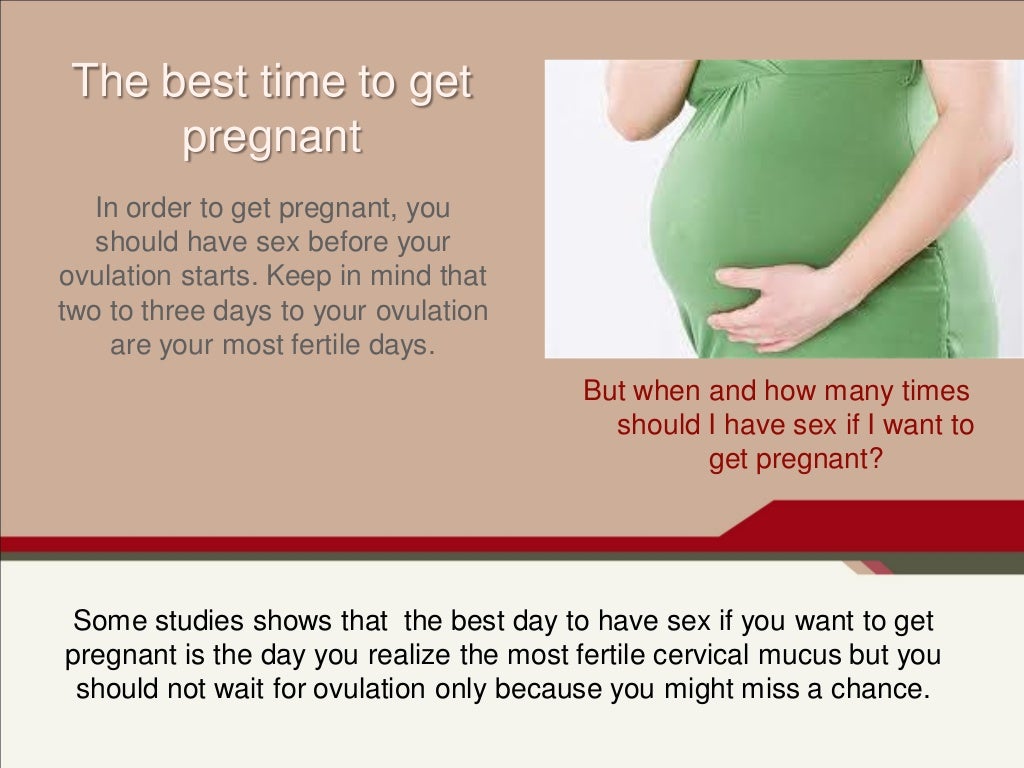 Definitely talk to your doctor or take a home pregnancy test.
Definitely talk to your doctor or take a home pregnancy test.
You can get pregnant at any time during your cycle. Ovulation timing varies, and sperm are stubborn when it comes to their will to live. For some women that’s good news and for others, not so much.
The answer? Take control. Knowing your body, tracking ovulation, and, if necessary, taking precautions is the best way to get the outcome you want best.
Is it possible to get pregnant after and during menstruation
Juliana
Anapa
96989
views
Juliana
Anapa
Is it possible to get pregnant during menstruation? It would seem that the answer to this question implies an unequivocal answer "no". After all, the egg is not yet mature, and all the sperm is removed from the woman's genital tract along with menstrual blood. However, there are still small chances of developing pregnancy after sex during menstruation.
Why can I get pregnant during my period?
The main condition for conception is the fusion of the egg and sperm. If we assume that the couple had sex in the first days of menstruation, when the bleeding is heavy enough, the possible risks are reduced to zero. However, if unprotected intercourse occurred on the last days of menstruation, when the discharge is scarce, a slightly different situation arises. Spermatozoa can reach the fallopian tubes and wait there for the release of a mature egg. The likelihood of fertilization will depend on two important factors.
If we assume that the couple had sex in the first days of menstruation, when the bleeding is heavy enough, the possible risks are reduced to zero. However, if unprotected intercourse occurred on the last days of menstruation, when the discharge is scarce, a slightly different situation arises. Spermatozoa can reach the fallopian tubes and wait there for the release of a mature egg. The likelihood of fertilization will depend on two important factors.
- Sperm viability. In the genital tract of a woman, spermatozoa live on average 2-3 days. But some "long-livers" can last even longer - up to 8 days.
- Time of ovulation (release of the egg from the ovary). You can get pregnant only at this moment (it lasts about a day). The egg matures, ruptures the follicle in which it is located, and from the ovary goes to the fallopian tube, where it can meet with the sperm and be fertilized. In women with a 21-day menstrual cycle, ovulation usually occurs on the 7-8th day. In women with a 28-day cycle, as a rule, for 14 days.
However, these are approximate figures. Ovulation may occur earlier or, conversely, later. Many factors can affect the time of egg maturation:
- stresses . They can mean: a divorce, the delivery of an important project, repairs, moving, and even a long-awaited trip to the south. Flight, climate change and time zones, temperature changes, humidity levels, atmospheric pressure and many other parameters affect the hormonal background of a woman. The egg may mature earlier or later than usual.
- effects of prostaglandins . These biologically active substances are found in the sperm of a man and play a role in the rupture of the follicle. Under their influence, the release of the egg may occur earlier, which means that pregnancy is possible after sex during menstruation.
- the effect of oxytocin . This hormone is released into the blood in large quantities during sexual arousal and orgasm. High concentrations of oxytocin can also accelerate follicle rupture and ovulation.
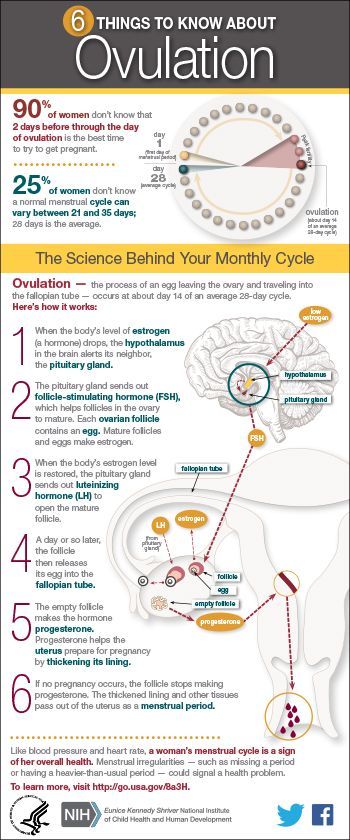
Now for some simple arithmetic:
- The risk of pregnancy after sex during menstruation is higher with a short menstrual cycle (21-26 days). If unprotected intercourse occurred on the 3rd or 5th day of menstruation, spermatozoa can wait for the release of the egg and successfully attack it.
- However, women with a longer cycle are not immune from pregnancy that occurred after intimacy during critical days. This is possible in several cases:
- ovulation occurred earlier;
- spermatozoa turned out to be very "tenacious". If sexual intercourse occurred on the 7th day of the cycle, and the spermatozoon managed to live for a week and retain the ability to fertilize, there is a chance, as people call it, to "get pregnant during menstruation"
Is it possible to get pregnant after menstruation?
If it is possible to get pregnant on critical days, then after their completion, even more so. After all, the closer ovulation is, the more likely it is that the egg meets the spermatozoa.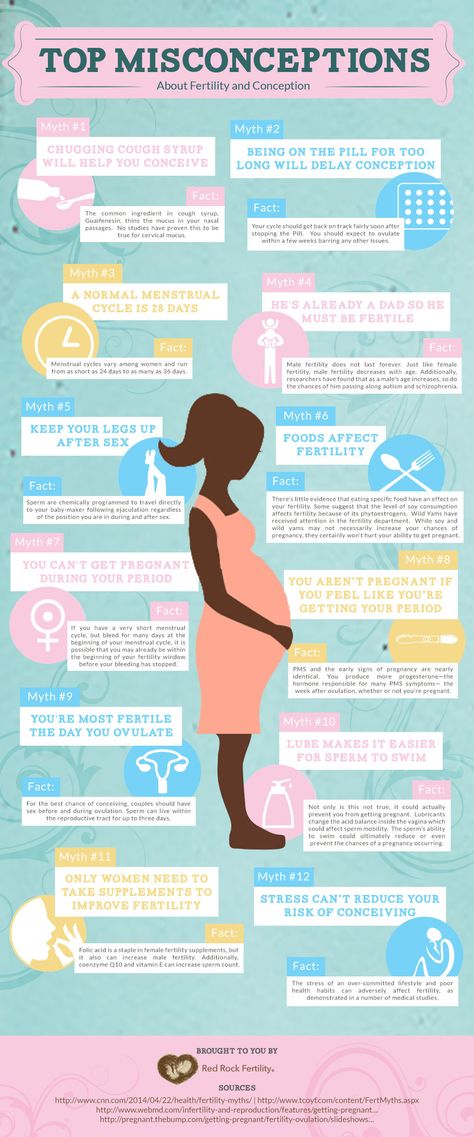 Both early ovulation and high viability of male germ cells can play a role in the onset of an unplanned pregnancy.
Both early ovulation and high viability of male germ cells can play a role in the onset of an unplanned pregnancy.
The conclusion suggests itself: the assertion that it is impossible to get pregnant during menstruation or immediately after them is nothing more than a myth.
- Couples who have sex on "safe" days need to be aware that there is a risk of conception, so it is advisable to use condoms. They will minimize the risk of pregnancy after sexual intercourse during menstruation, and will also protect a woman from diseases of the reproductive system (inflammation, endometrial growth).
- If you had unprotected sex during or immediately after your period, you can use emergency contraception. Within 72 hours, you must take Levonorgestrel at a dosage of 1.5 mg. It is a synthetic analogue of the female hormone progesterone. On the first day of taking after intercourse, the effectiveness of this contraceptive reaches 95%, in the period from 24 to 48 hours - 85%, in the interval between 48 and 72 hours - 58%.

- Remember that the best way to avoid unwanted pregnancy is the use of modern and reliable means of planned contraception, which, for example, include combined hormonal contraceptives.
Topics:
health pregnancy period sperm egg follicle the fallopian tubes ovulation conception fertilization levonorgestrel emergency contraception
Can I get pregnant during my period, before or after it? | Medical Center
Multidisciplinary Medical Center MedProsvet St. Petersburg, Engels Ave. 147 building 1 +7 (812) 374-84-00
A woman can become pregnant on any day of the menstrual cycle, but the chance of conceiving a child is highest on the days close to ovulation, when the egg is released from the follicle. It is also possible to get pregnant during your period, a few days before it, although the chance of pregnancy is minimal.
The menstrual cycle and natural protection
The average cycle of a woman takes a period of about 28 days, a period between periods of 24 to 35 days is considered normal. Day 1 of the menstrual cycle (MC) is the first day of menstruation.
Day 1 of the menstrual cycle (MC) is the first day of menstruation.
The menstrual cycle of a woman is divided into phases:
1) The first phase is follicular when the egg matures in the follicle. The phase is divided into two stages:
- First - directly menstruation , from the very beginning of menstruation;
- Second - proliferative, follicular period , when the growth and maturation of the egg occurs, from the end of menstruation to ovulation - the release of the egg from the follicle.
2) Second phase - luteal . In the ovulatory period, the egg leaves the follicle, it is ready for conception. But every day it regresses, so by the end of the luteal, or secretory, phase, the likelihood of conception decreases.
During the cycle, the hormonal background changes, creating conditions for the onset of pregnancy.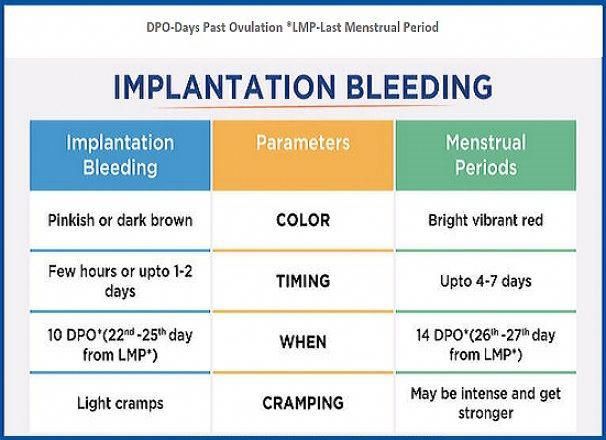
The "calendar method" of contraception is based on the knowledge of cyclical changes occurring in a woman's body, based on a menstrual cycle lasting 28 days with ovulation on the 14th day.
However, every woman knows that the menstrual cycle is not static, it can change upwards and downwards days. This happens under the influence of external factors that cause hormonal surges.
There is always a chance of getting pregnant during menstruation. Why this happens, let's take a closer look.
Ovulation and the greatest chances for conception
The probability of getting pregnant on the days preceding ovulation (3 days before), the day of ovulation and 2-3 days after - is maximum, at the beginning and at the end of the cycle - it is minimal.
MC at 28 days is average, the range of 24 days - 35 days is considered the norm, while in the second (luteal phase) it is always 14-15 days, even if the cycle is increased or decreased. Therefore, in women with a 24-day cycle, ovulation occurs on the 7-10th day, and with a 35-day cycle, on the 20-25th day.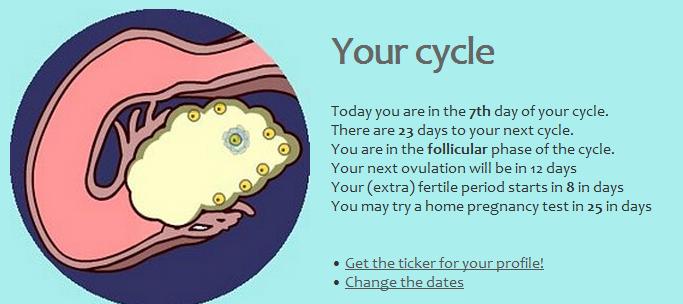
How and why can you get pregnant during your period?
Ovulation has its own signs, but they are relative. It can be easy to make a mistake by mistaking lower abdominal cramps, secretions in the form of mucous secretions, and an increase in rectal temperature due to other reasons as ovulatory symptoms. Even ovulation tests sold in pharmacies are wrong.
If a woman thinks that ovulation has already taken place, one more ovulation is not excluded in one menstrual cycle (if not one, but two follicles have matured). The ovum will be mature just before the expected critical period, it retains its maximum fertilization capacity for 24 hours, after which the chances are reduced, but not completely eliminated.
With a "floating" date of ovulation, pregnancy during menstruation is possible, because a viable egg always retains the ability to fertilize, and spermatozoa can also remain active for a long time.
Sperm life span
- Sperm life span in the vagina is up to 2 hours.
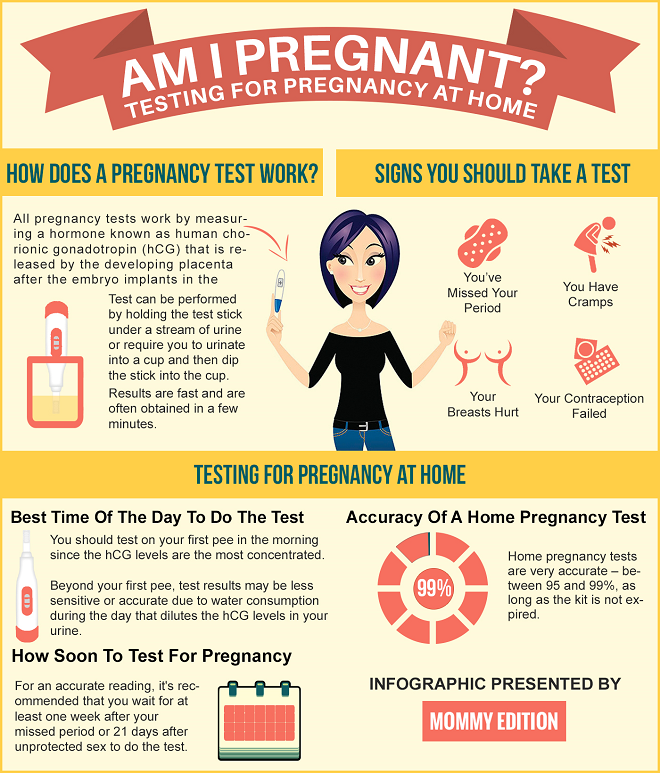
- The life span of spermatozoa in the uterus is up to 7 days.
The female genital tract has an alkaline environment favorable for spermatozoa on the days of ovulation, in such an environment spermatozoa can remain active for 5-7 days. By the onset of menstruation, the PH level shifts towards acidic, which negatively affects spermatozoa.
Also, do not forget about the period of life of the sperm, as well as possible failures in the female body that can change the pH of the genital tract.
Is it possible to get pregnant before menstruation?
In the last days of the luteal phase in the female body, the level of the hormone progesterone drops, the uterine endometrium becomes more “loose”, which reduces the likelihood of egg implantation. However, the date of the future menstruation for a woman is always conjectural, it is impossible to predict it exactly, if ovulation took place later than usual, the period of menstruation may shift.
What are the chances of getting pregnant during my period?
Many women are interested in the question of what is the probability of getting pregnant during menstruation, and how this can happen from a physiological point of view.
Bleeding is a sign of menstruation. But not only, because bloody discharge can also be with:
- Implantation of the ovum into the uterine wall.
- Hormonal failures, as a result of which the cycle is disturbed.
- Inflammatory processes on the cervix.
- Neoplasms, some pathologies of the female genital area.
- Tissue damage through sexual contact.
Attention! In the menstrual phase of the cycle, the acidity of the vagina decreases, and the presence of blood creates a breeding ground for bacteria, which, under certain conditions, can provoke an inflammatory process in the small pelvis. Gynecologists recommend limiting sex life on critical days.
Is it possible to get pregnant immediately after menstruation?
The chances of conception and implantation in this period are very small, but they exist and are about 1-5%. The reason for this is a double set of maturing eggs or a hormonal physiological failure.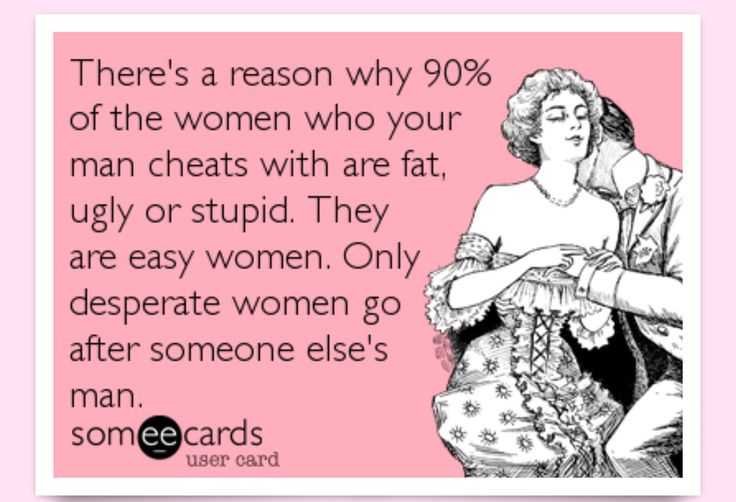
Minimal odds and zero odds are not the same thing. A woman must understand that although her cycle is characterized by a wave-like increase and decrease in the possibility of conception, they are almost never zero.
Causes that may increase the risk of pregnancy during menstruation
There are certain factors that affect female reproductive function. Not all of them are pathological, but they can affect the rhythm of the body, increasing the risk of an unstable cycle, “floating” ovulation date, and abnormal bleeding.
These are:
- hereditary predisposition;
- irregular sexual life;
- unsystematic approach to oral contraception, wrong choice of contraceptives;
- violations of the scheme, interruptions in taking oral contraceptives;
- hormonal "failures" in the body due to diseases, stress, taking certain medications;
- abortions.
Attention! Coitus interruptus is not a guarantee of protection from pregnancy in any phase of the cycle.